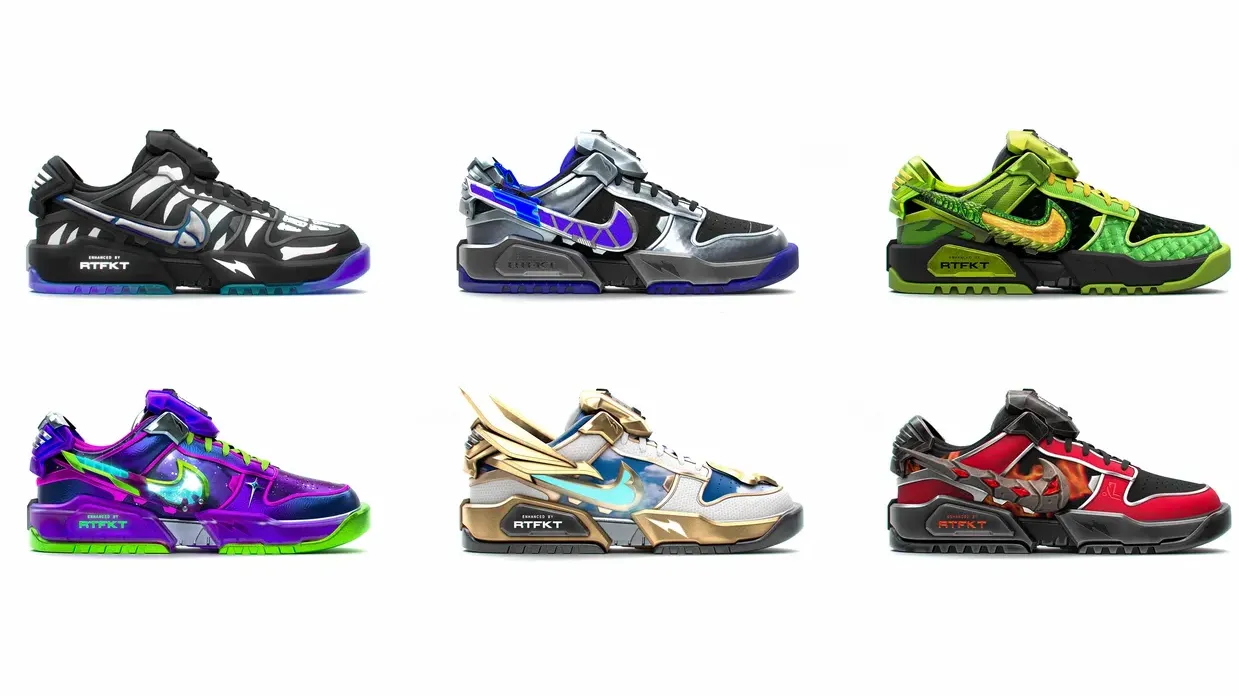The Department of Health has said that major updates to the NHS app have saved 1.5 million hospital appointments from cancellation.
The figures follow the expansion of services offered through the platform, which now allows patients to reschedule appointments, view prescriptions, and access health records.
The health department said around 5.7 million staff hours have been saved due to the app since July 2024, which includes 1.26 million clinical hours across care settings. The government says this has helped save the equivalent of £622 million.
Some 87 per cent of hospitals now offer services through the NHS app, an increase of 20 per cent since July last year.
With more patients able to access correspondence digitally through the app, almost 12 million fewer paper letters have been sent by hospitals since July which the health department said saved £5.2million in postage costs.
The government estimates that the use of in-app notifications for planned care will prevent the need for 15.7million SMS messages, which will save the NHS a further £985,000.
Elsewhere, the government said that it has introduced guidance to encourage the use of AI to improve patient care.
Trials of AI technology in the NHS have led to reduced admin, meaning more people can be seen in A&E, clinicians can spend more time during an appointment focusing on the patient, and appointments are shorter.
The guidance will encourage the use of speech technologies and generative AI to convert spoken words into structured medical notes and letters across a range of primary and secondary care settings, including hospitals and GP surgeries.
One of the tools, ambient voice technologies (AVTs), can transcribe patient-clinician conversations, create structured medical notes and draft patient letters.
The government added that patient safety and privacy will be paramount, with the guidance focusing on data compliance and security, risk identification and assessment, and ensuring that staff are properly trained before using the technology.
“I am determined we embrace this kind of technology, so clinicians don’t have to spend so much time pushing pens and can focus on their patients,” said health and social care secretary Wes Streeting. “By putting the latest technology into the hands of patients so they can access services quicker, we’re freeing up more time for doctors and nurses to focus on treating people and getting waiting lists down.”
Latest News
-
BAE Systems launches UK tech incubator scheme
-
Morrisons to launch real-time engagement tech across stores
-
Crypto exchange Gemini to cut workers, exit UK, EU and Australia amid market slump
-
Anthropic unveils Claude Opus 4.6 as enterprise AI race intensifies
-
Government to collaborate with Microsoft on deepfake detection framework
-
50% of firms will rehire staff laid off due to AI by 2027, predicts Gartner
The future-ready CFO: Driving strategic growth and innovation
This National Technology News webinar sponsored by Sage will explore how CFOs can leverage their unique blend of financial acumen, technological savvy, and strategic mindset to foster cross-functional collaboration and shape overall company direction. Attendees will gain insights into breaking down operational silos, aligning goals across departments like IT, operations, HR, and marketing, and utilising technology to enable real-time data sharing and visibility.
The corporate roadmap to payment excellence: Keeping pace with emerging trends to maximise growth opportunities
In today's rapidly evolving finance and accounting landscape, one of the biggest challenges organisations face is attracting and retaining top talent. As automation and AI revolutionise the profession, finance teams require new skillsets centred on analysis, collaboration, and strategic thinking to drive sustainable competitive advantage.
© 2019 Perspective Publishing Privacy & Cookies



.jpg)
.jpeg)





Recent Stories